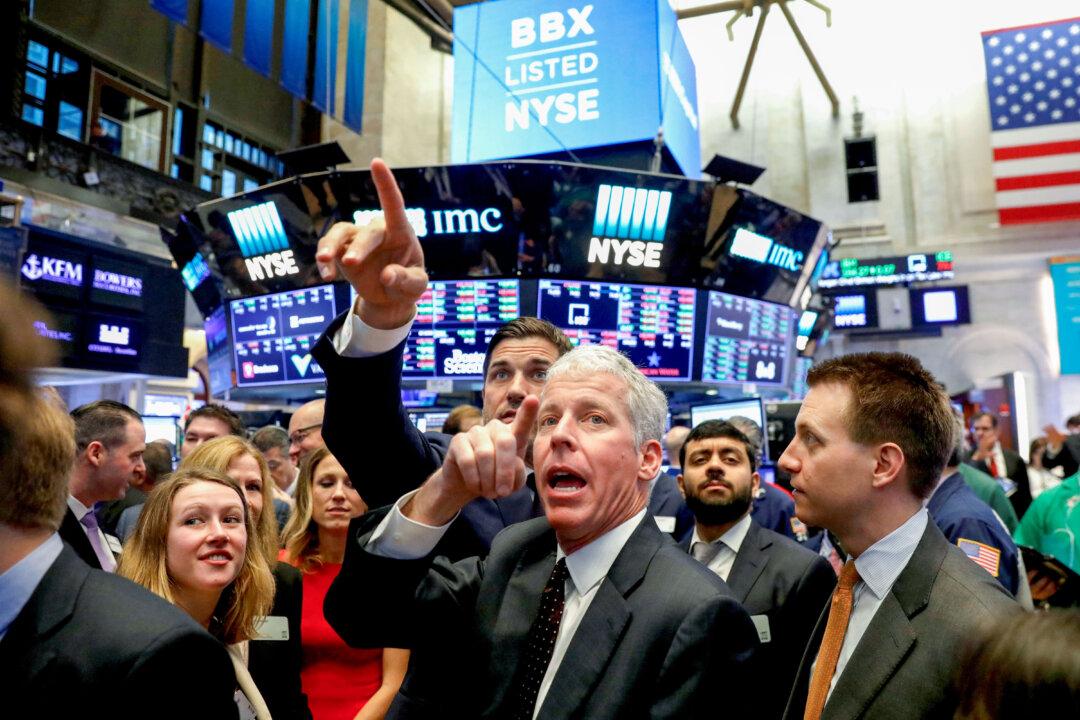President-elect Donald Trump announced on Nov. 16 that he would nominate Chris Wright to lead the Department of Energy in his second term.
“I am thrilled to announce that Chris Wright will be joining my Administration as both United States Secretary of Energy, and Member of the newly formed Council of National Energy,” Trump wrote in a statement posted on his social media platform, Truth Social.





